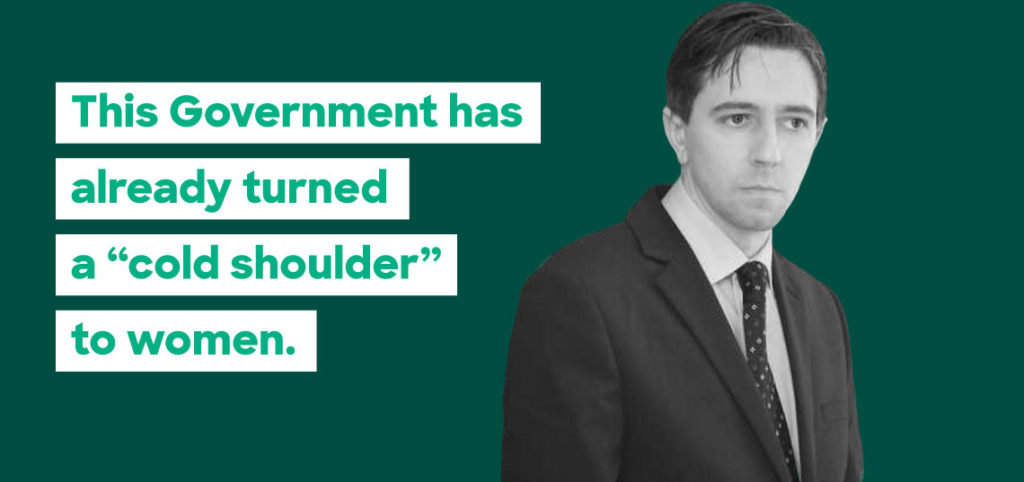
During Leaders Question in the Dáil last week the Taoiseach, Leo Varadkar, repeated his claim that those who oppose the repeal of the Eighth Amendment are effectively ‘turning a cold shoulder’ on the victims of sexual violence.
Not only is this shameless and emotionally manipulative, it is also a comment that reflects the kind of direct personal attacks that the Taoiseach says he wants to avoid during this debate.
There is also the matter that what he is says is blatantly untrue.
What is not untrue however is the fact that groups or organisations attempting to research and combat sexual violence continue to be heavily affected by cuts or new contract arrangements introduced by the present and former government.
Some of these cold shoulder tactics have been championed by government ministers who are now among the most outspoken supporters of repeal.
As reported in the Irish Examiner, nine counties are without a specialist domestic violence refuge, while 10 counties lack a specialist sexual violence service. Where, one wonders is the warm embrace of government support to be found in those places?
The Irish Examiner report went on to say that Rape Crisis Centres have experienced funding cuts of up to 30% since 2008, while domestic violence services have experienced similar funding cuts (up to 38% since 2008).
Part of the reason why this has happened was made clear in questions put last year to the Minister for Children and Youth Affairs, Katherine Zappone. There it was claimed that funding for the Rape Crisis Network was withdrawn because “Tusla wanted to take direct control of the data collected by the network’s centres.”
Indeed it was also claimed that Tusla “essentially made funding dependent on the rape crisis centres sharing the data of rape survivors who present to them and that the agency has since entered into individual service level agreements with each centre in which it tied funding into the provision of data.”
That is as good an example as you might hope to find in terms of the state acting as an aggressor in the interests of bureaucratic control.
All of this happened despite the pleading of the RCNI that such new arrangements could fundamentally compromise the integrity of its operations and the effectiveness of its service to women who experience the kind of sexual violence the Taoiseach refers too.
Regardless of this, Tusla’s actions at the time found a staunch defender in Minister Katherine Zappone.
Problems and challenges like this are ongoing but they have deepened since 2011, a fact that betrays the government stated commitment to improve these services.
For example, In Tipperary alone, one domestic violence refuge, Cuan Saor, found its core funding decreased by €110,000 in 2013.
All of this meant that because of the huge increase in referrals to their service, Cuan Saor were unable to accommodate 163 women and 194 children that year. The situation there has not radically improved in the intervening years and the cold shoulder continues to be given to those who advocate to government on its behalf.
In 2016 it was estimated that up to 6,000 women were denied shelter at women’s refuges; a number that remains staggeringly high despite the rhetoric of government.
At the very least you might think that all of this would give the Taoiseach pause before he speaks.
Unfortunately it does not. Instead, he, like so many of those who advocate for a Yes Vote continue to talk as if they and they alone can claim an absolute monopoly on compassion.
From it’s inception, the pro life movement has advocated for the creation of a culture that cherishes women in crisis.
In contrast to this, we now have a government that literally and metaphorically continues to shut the door to women in need.
Where there is an absence of such support services, arguments allowing abortion for ‘socio economic’ reasons can gain greater ‘legitimacy.’
It is my view that such an outcome only compounds an already existing and tragic situation in which a woman who has suffered terrible violence may then be offered another form of violence as a ‘solution’ to her crisis.
If that is not giving ‘the cold shoulder’ then what is?
END.


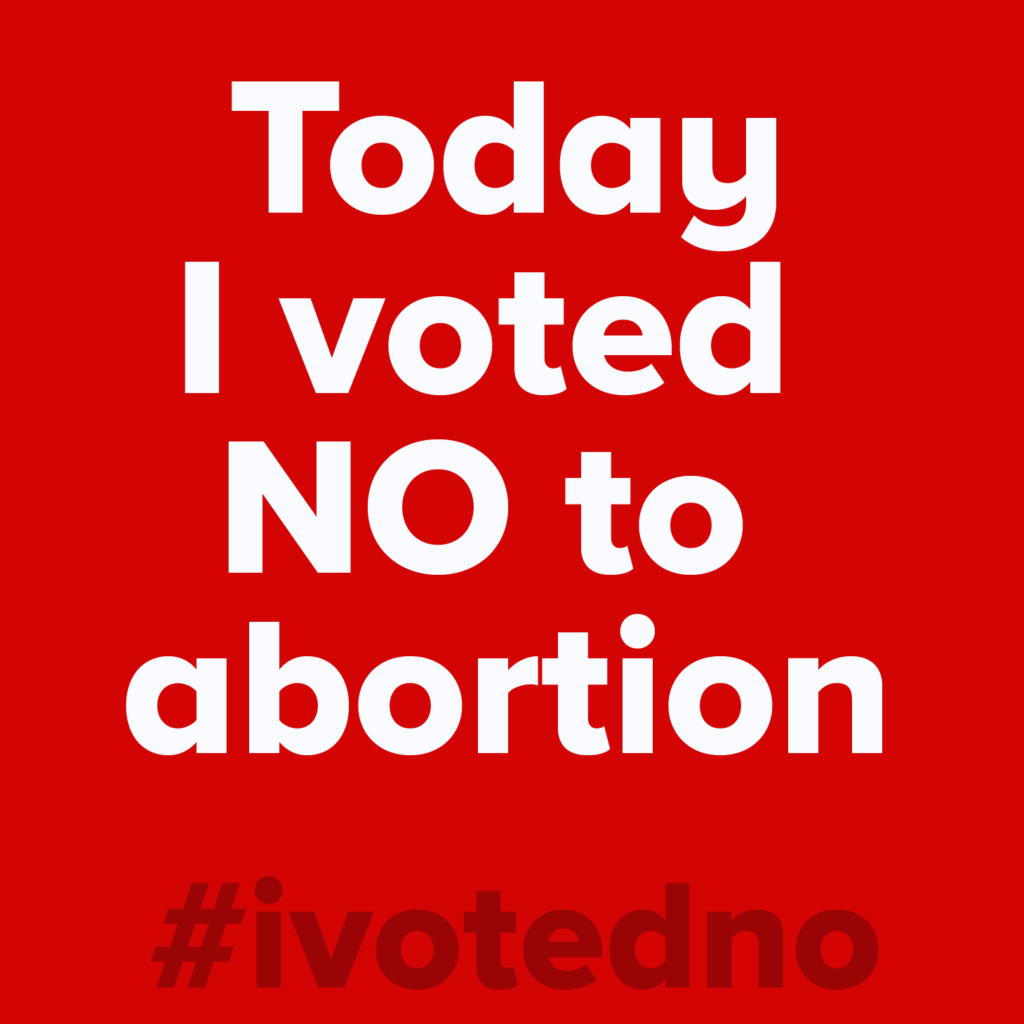
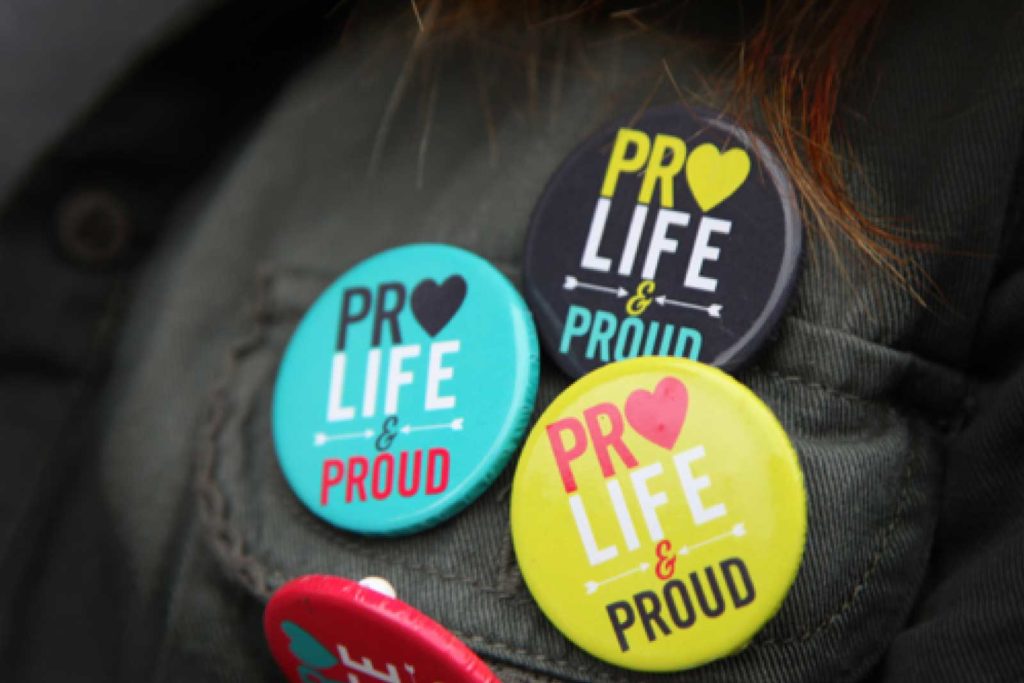
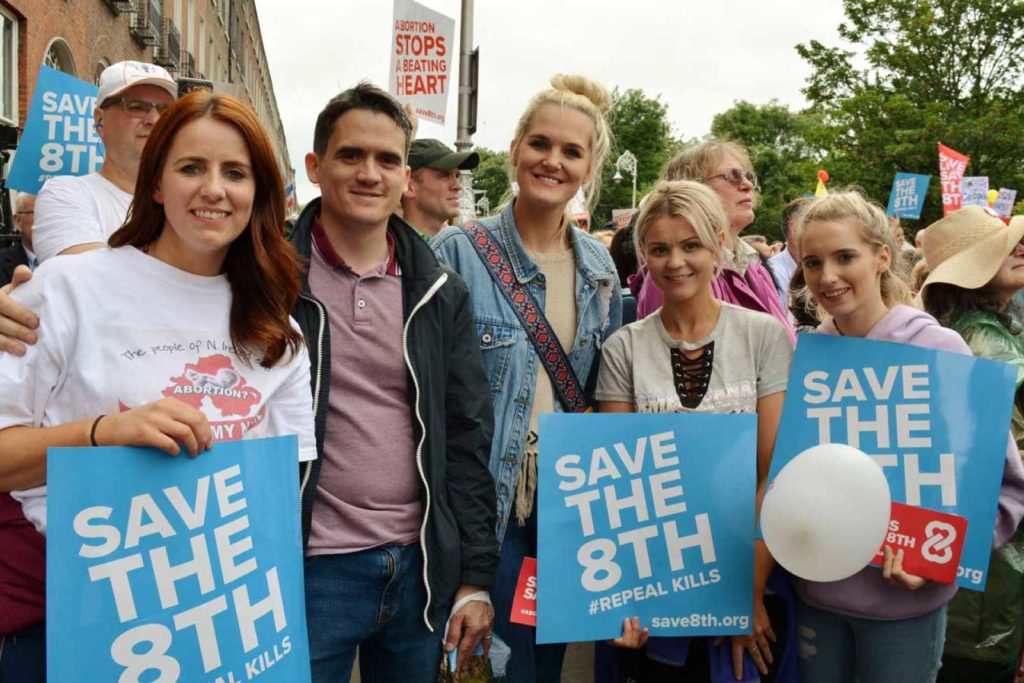
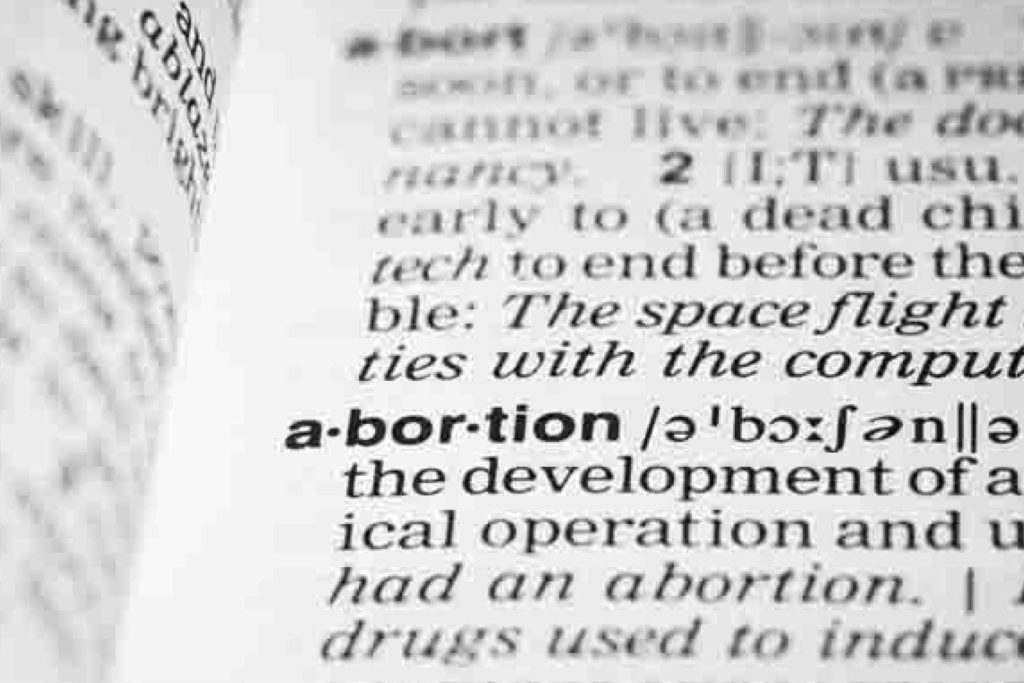
About The Author: Save The 8th
More posts by Save The 8th